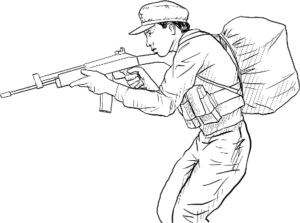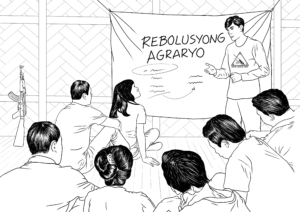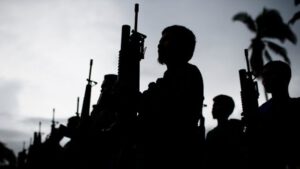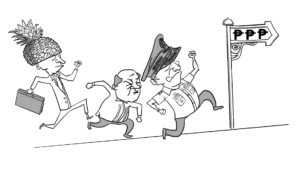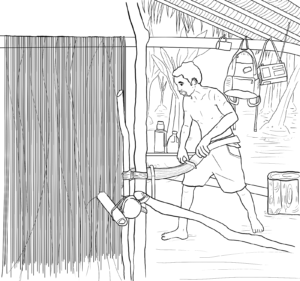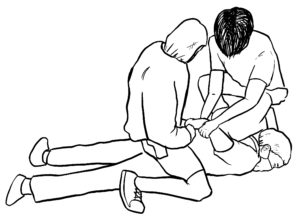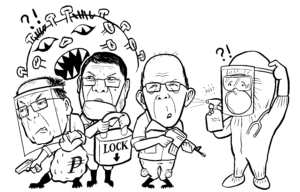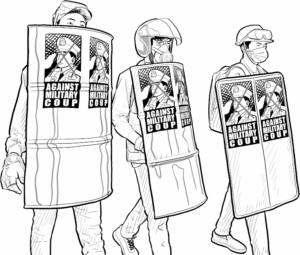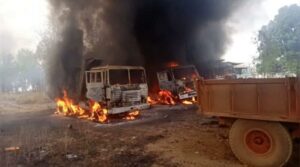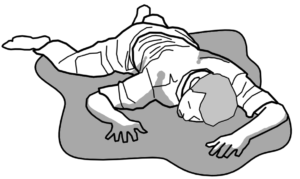Solidarity between the masses and people’s army in Ilocos-Cordillera

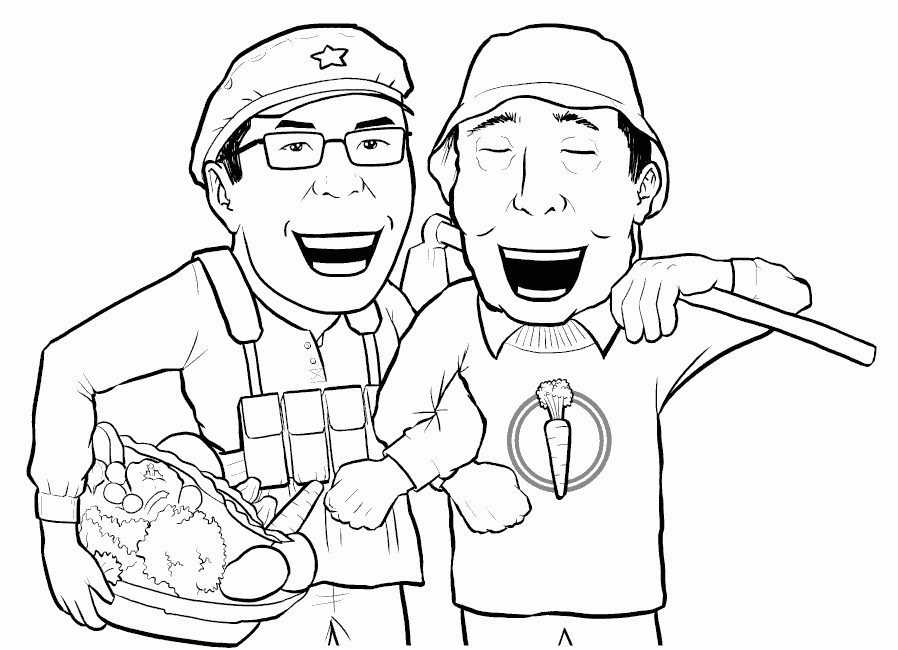
Like in other places in the country, the Covid-19 pandemic and intensifying state fascism poses a huge challenges to the people’s army and the revolutionary people in the Ilocos-Cordillera region. Units of the people’s army in the region faced these with determination.
In its ranks is Ka Emil, a young revolutionary who serves as their platoon’s economic officer (oversees logistics and supplies). Because of the lockdown, the supply of medicines, food and other essential needs of the the masses and people’s army was hampered. To address this, they were compelled to become creative, think of and adopt new modes of mobilization, and strictly uphold military discipline.
“As an economic officer, it was a huge challenge for me to think of ways on how to help the masses get by and improve their livelihood during the pandemic,” said Ka Emil. They conducted health and education campaigns on Covid-19 to allay the fears of villagefolks and make them understand the importance of complying with health protocols while carrying on with their production.
Afterwards, the unit conducted a campaign to improve the level of production of the people’s army and the masses. “The participation of the people’s army in production activities is now more frequent compared before,” said Ka Emil. “Through this, I and my comradres were able to appreciate the importance of collective work and the agrarian revolution,” he explained.
In a barrio, the people’s army and masses were able to harvest sacks of squash, sweet potatoes, taro and chayote, products which they did not used to be interested in as they could just buy food. They promoted the planting of sugarcane and coffee to replace commercial sugar and coffee. They also improved and benefitted from the planting of pomelo, “perres” (local lemon) and lagundi. The capacity of the masses to support the people’s army improved simultaneous with their capacity for food production.
When the unit became very mobile, Red fighters had to maneuver in a nearby forest. “It was a huge advantage for us to be knowledgeable about wild plants and skillful in hunting,” he said. When they could not go near the barrios, they relied on the natural resources of the forest such as wild fruits and vegetables, eels and wild pigs. This experience has further improved his understanding of the significance of protecting the environment.
The difficult situation which they faced also posed a huge challenge to Ka Emil’s personal remolding. “During the first few months of the pandemic, I asked myself: Will I survive?” His answer to his own question was: “I will not know unless I experience it.” With revolutionary determination, he further perserved in performing his tasks.
“Militarization entails more difficult walks, sleepless nights and fatigue,” he said. He was raised in the city and lived a comfortable life. “I needed to exert extra effort to adjust. At first, it was difficult for me to move around and sometimes suffered from low morale, but I was able to gradually adjust.” He said that he opened up to comrades his thoughts and feelings. “I learned how to rely on comrades and the masses,” he said.
He was able to prove to himself that he can endure the difficulties and sacrifices of being a Red fighter. “I discovered that I can actually practice the principle of simple living and arduous struggle. I and our unit are ready to face the difficult situation and even bigger challenges.”
“As the Committee Central said in its statement for the 52nd anniversary of the Communist Party of the Philippines: Led by the Party, the broad masses are determined to resist the fascist onslaught, overthrow the US-Duterte regime and advance the people’s war,” he concluded.


